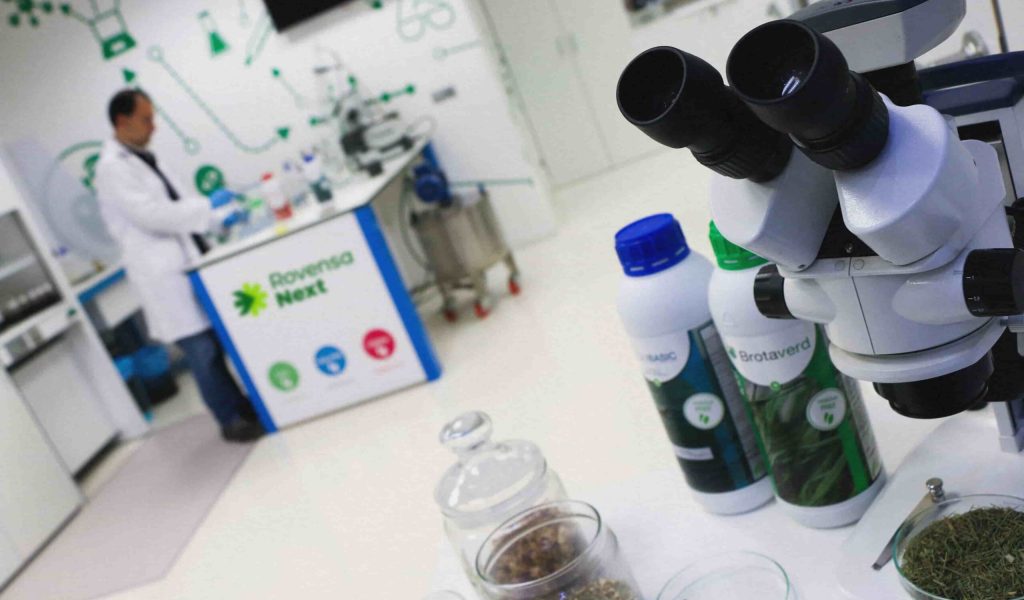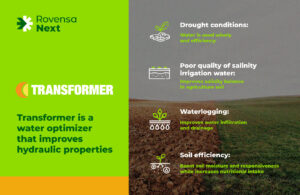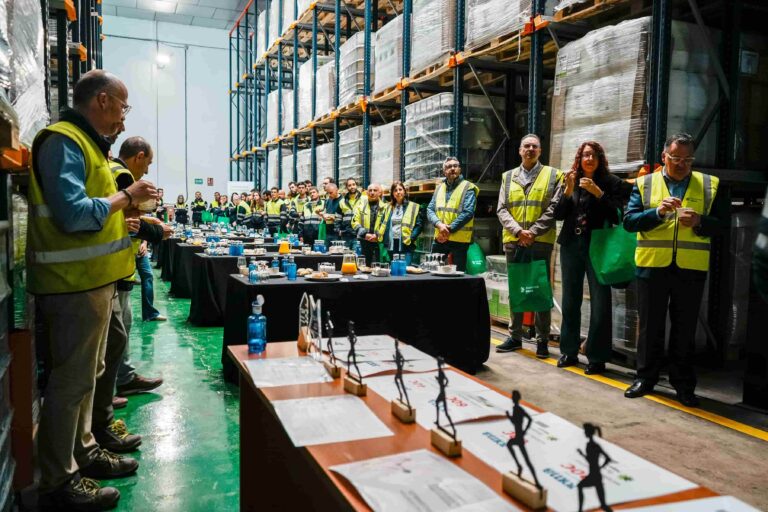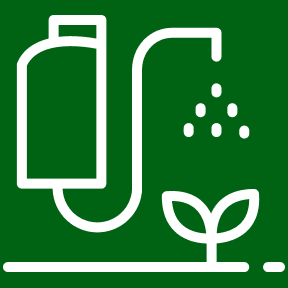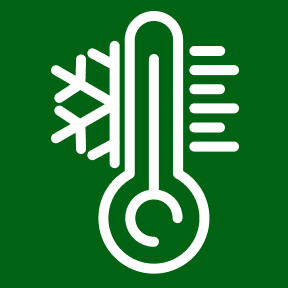We are increasingly more knowledgeable about abiotic stress, its negative effect on crops and how to better manage it. Stress prevention programs that incorporate solutions with the primactive effect, and stress recovery programs that leverage curactive effect solutions, have a proven direct effect in helping crops to better cope with abiotic stress and in protecting yield and quality. To achieve even better results, growers can combine these direct management options with indirect ones as part of an integrated stress management program.
There are many indirect agronomic options to choose from, but three examples are shown below.
More roots, more shoots, more quality fruits – and better resistance to abiotic stress
The development of a vigorous root system, with a high number of lateral and feeder roots that can absorb water and nutrients, is key to increasing the potential for a high yield and good quality harvest and helps to reduce abiotic stresses related to water and nutrient absorption problems.
While there are many claims to the effect of humic acids, one of their principals and most recognised effects is to increase root biomass by enhancing secondary root development and promoting fine feeder roots and root hair that enable the crop to better absorb water and nutrients. Logically, the application of humic acids to increase root biomass will indirectly help the plant to better manage associated abiotic stresses.
The effect of the Rovensa Next humic acids that form the basis of products such as Humistar / Humifirst and Turbo Root is evident from the results. When applied to the soil to promote increased root growth, they do exactly that. This suggests that existing biostimulant products should be included in the agronomic thinking and planning of a total stress management programme.
Improvement of water dynamics in soil to improve crop growth
With climate change, heat stress and drought stress are increasing globally. As a result, there is increased use of irrigation, with the associated costs of pumping water and in some cases the need to pay for the water used. At the same time in unirrigated dry soils, due to the global reduction in soil organic matter there is an increased tendency for the formation of an impermeable crust. This crust can cause precious rain to run sideways down the slope rather than being absorbed. Optimum use of water in both irrigated and unirrigated soils is thus of increasing relevance and importance.
Optimum use of water in irrigation and unirrigated soils
Optimum use of water is important from both a sustainability perspective as well as minimising the risk of related abiotic stresses in the crop, such as hydric stress. To this end, there is an increased trend in agronomic programs to use water conditions that have various aims and modes of action. While their direct aim is to improve the use of water in the agronomic cycle, many indirectly help the crop to better resist abiotic stress.
For example, water conditioner solutions that are specifically designed to positively increase the water dynamics in soil are gaining interest and increasingly used in agronomic programs.
Transformer is a solution that helps water to penetrate crusted soil and enhances the penetration and retention of water in bulk soil. In irrigated soils, it helps the lateral movement of water and expands the size of the wet bulb under the drip lines. While the primary direct use of Transformer is to improve soil penetration and retention in soil, it also helps crops when it comes to abiotic stress.
Conclusion
Optimal abiotic stress management requires a holistic approach; thinking about the use of each product in the agronomic cycle and whether it can contribute either directly or indirectly to abiotic stress management as part of a total stress management program. This is essential under a changing climate, with a global population that we need to be able to feed. Rovensa Next aims to accompany growers, agronomists and distributors in their sustainability journeys, offering knowledge and expertise, and local technical experts to face our common challenges together and shape a more sustainable future for agriculture.

